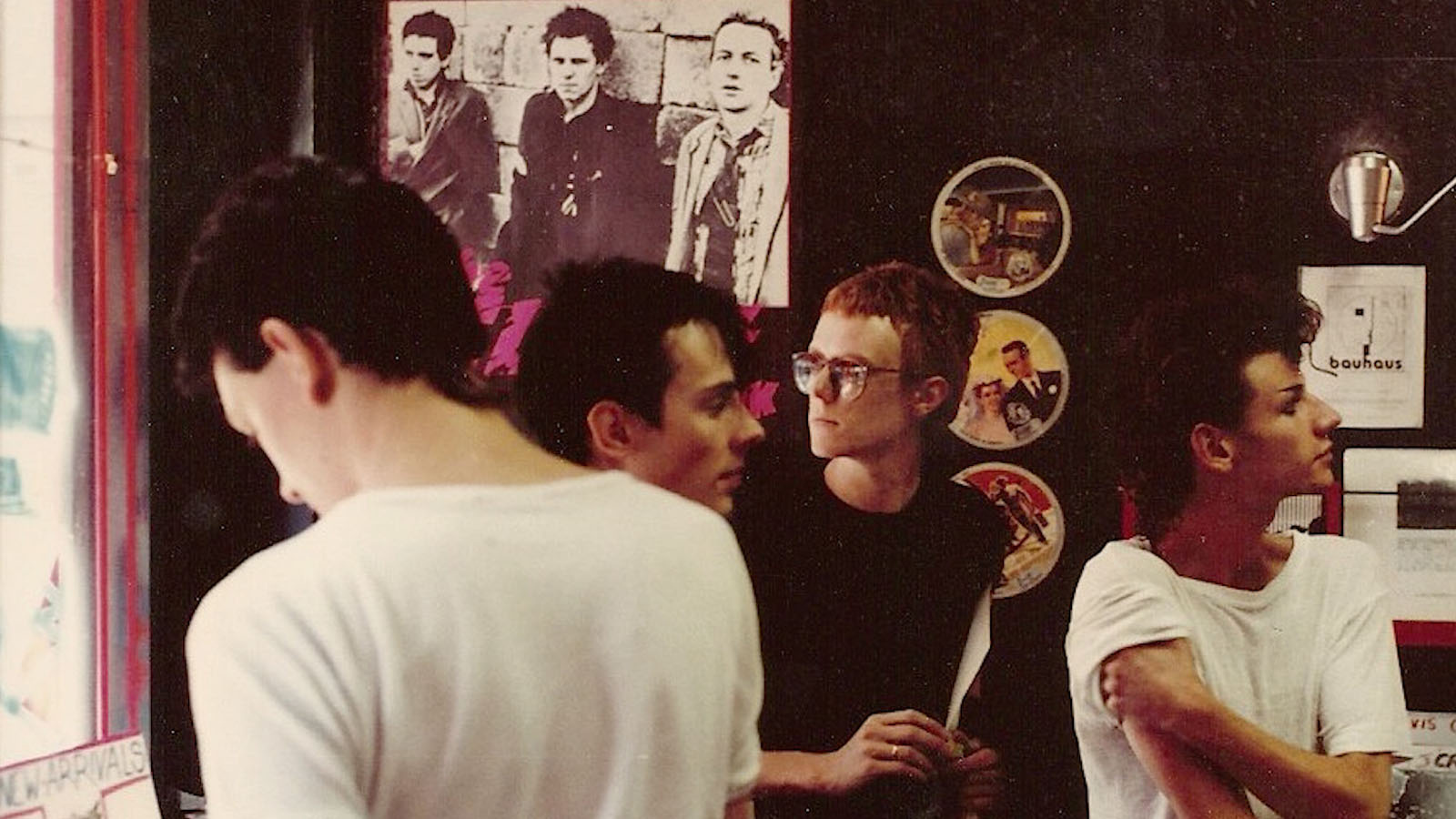Twenty-Five Years of the Chicago Underground

Within a few years of its founding in 1993, the Chicago Underground Film Festival had become the largest festival of its kind in the country, combining a daytime lineup of adventurous features and shorts with a nighttime slate of live music and parties. Now in its twenty-fifth year, CUFF will present twenty-five programs from tomorrow, Wednesday, through Sunday. Dipping into the Chicago Reader’s archives, Patrick Friel has put together an overview of the festival’s history, a sampling of reviews of films that have screened at CUFF over the past quarter century, films that might never have played in the city otherwise. Among them are works by Ben Rivers, Matt Porterfield, Jem Cohen, and more “movies demonstrating that ‘underground’ is a happily elastic term.”
This year, film critic Ray Pride will moderate three Bar Talks, conversations about the local and global underground then and now, and for Newcity, he talks with CUFF programmer and artistic director Bryan Wendorf. “In the nineties, we were very focused on a kind of shock value, transgressive type of filmmaking, which is still interesting when done right but can also become limiting and, well, adolescent,” says Wendorf. Now focusing “more on where the festival can go than on where it’s been,” Wendorf maintains “an almost naive optimism about our audiences’ desire for and ability to appreciate sometimes difficult and challenging work.”
That said, CUFF 2018 will open with two sold out screenings of Industrial Accident: The Story of Wax Trax! Records, “one of the few cases where looking back and being nostalgic seems appropriate,” as Wendorf puts it. Jim Nash and Dannie Flesher opened their first glam rock-oriented store in Denver in the mid-70s before moving it to Chicago as punk was peaking in 1978. Both founders would eventually be lost to AIDS. Now Julia Nash, daughter of Jim, has directed a documentary that, according to the Chicago Reader’s J. R. Jones, “argues that the store and the internationally beloved dance-music label it spawned were expressions of Nash and Flesher’s personal relationship, and that their own trust in personal relationships led to their commercial downfall. It’s a poignant story, though one limited by the absence of the only two people who really lived it.”



